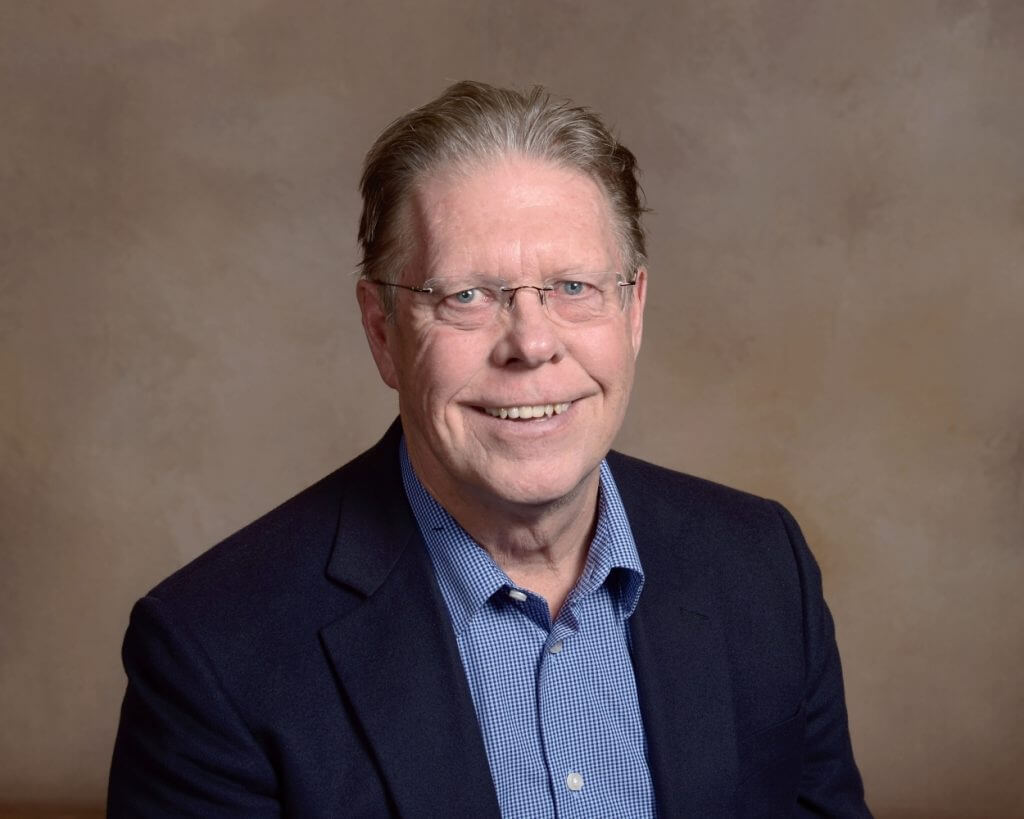by Rev. Dr. Stephen H. Furrer

Unitarians and Universalists have always been heretics. Not because they’re rebellious, but because they want to choose their faith. Indeed, the word “heresy” derives from the Greek word for “choice” and during the first three hundred years of the Christian church, believers freely chose among a variety of views about who or what Jesus was. One view, which later became known as unitarian, believed that while Jesus was less than God, he was sent by God on a divine mission. They were uni-tarian (believing in the unity or oneness of God) as opposed to trin-itarian (who believed God manifested in three “persons”). Another religious choice in those years was in universal salvation: the belief that if, indeed, Jesus was the perfect expression of the divine (which they fully believed), then without doubt his life and teachings reveal a deity whose nature is flat-out incompatible with the idea of eternal torment. Thus, universalists believed that all people would be or already were saved. Christianity lost its element of choice in 325 C.E. when the Nicene Creed established the Trinity as dogma. For centuries afterward those who professed unitarian or universalist views were persecuted.
This was true until the Protestant Reformation when unitarian ideas began cropping up in Transylvania (home today of the oldest Unitarian churches in the world), Poland, and later England. Despite European connections, however, American Unitarianism and Universalism were home-grown movements, nurtured by the open-mindedness found across the land by virtue of the First Amendment, adopted in 1789.
American Unitarianism emerged from some of the most historic congregations in Puritan New England. Among the earliest Puritans, of course, there was no religious choice. But by the mid-1700s the doctrines of original sin and predestination began to mellow. Then the First Great Awakening inspired a generation of evangelicals calling for a revival of Puritan orthodoxy. Those who resisted the revival and its emphasis on inescapable original sin emphasized, instead, the Creator’s loving benevolence; and stressed our human capacity, by virtue of our ability to make free and deliberate choices, to grow in “likeness to God” (as William Ellery Channing, one of their most articulate spokesmen, put it).
Universalism arose outside of the Standing Order churches and in three separate early American locales: the Delaware Valley, around Gloucester, Massachusetts, and in rural interior New England. From its beginnings, Universalism challenged its members to reach out and embrace society’s marginalized. It was also a more evangelical faith than Unitarianism and spread more rapidly, following the frontier as it moved West. In the mid-19th century Thomas Gold Appleton, brother-in-law of Henry Wadsworth Longfellow, defined the difference between Universalists and Unitarians. His witty statement accurately captured that one group relied on the goodness of the divine and the other on human ability and powers when he said that the humble small town Universalists “believed that God was too good to damn them,” while the self-confident more urban Unitarians believed that people like themselves “were too good to be damned.” In any case, Universalists believed in a God who embraced everyone, leading by the 20th century to their belief that lasting truth is found in all religions and that human worth and dignity are innate to everyone, regardless of their race, sex, class, or sexual orientation. By the 1950s it became clear that both groups could be a stronger voice if they merged efforts, which they did in 1961.
ESUC was first organized (or “gathered” as early Unitarians were apt to put it) nearly a half century ago, in 1950. The congregation moved to our current location in 1954—sixty-five years ago. Though our church has gone through permutations and though Unitarian and Universalist theologies have also transformed themselves, the heart of our tradition and of our congregation remains centered in a belief in human agency and in divine goodness.
Yours in faith, Steve
